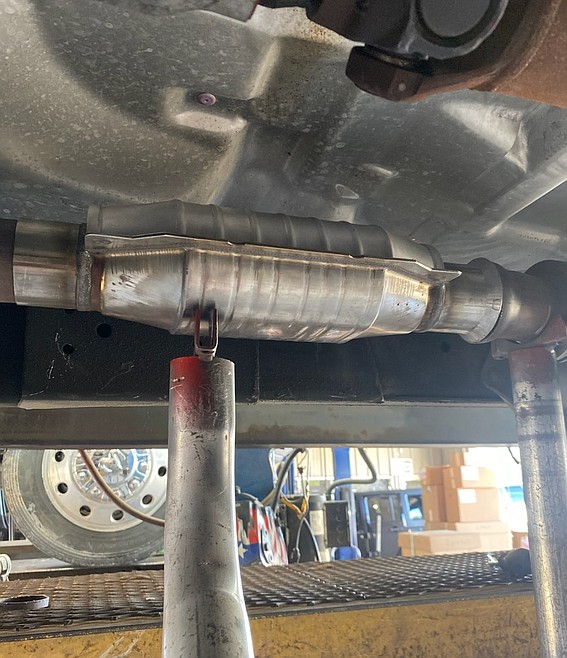Grant County faces problem of catalytic converter thefts
A catalytic converter was reported stolen from a transit bus at the Meditech Mobility facility at 630 E. Broadway Ave. in Moses Lake over the weekend, one theft of dozens like it already this year in Grant County, according to law enforcement authorities.
Become a Subscriber!
You have read all of your free articles this month. Select a plan below to start your subscription today.
Already a subscriber? Login




